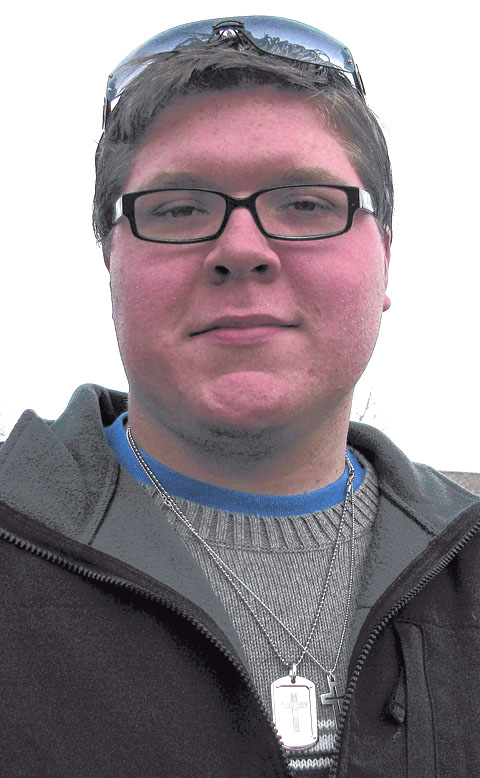WASHINGTON — A Senate committee today approved legislation authored by Sen. Olympia Snowe that seeks to protect military funerals from disruptive protests.
The unanimous vote by the Senate Veterans’ Affairs Committee means the Sanctity of Eternal Rest for Veterans (SERVE) Act could soon be approved by the full Senate.
The proposal by Snowe, R-Maine, which was included in a broader veterans’ affairs measure and approved by a voice vote is co-sponsored by 34 senators from both parties, supported by an array of veterans groups and was inspired by a Maine high school student.
At a hearing earlier this month before the veterans’ affairs committee, Snowe said that the SERVE Act is needed in the wake of “detestable” protests at military funerals waged by a fringe church based in Kansas and a U.S. Supreme Court decision in March upholding the Westboro Baptist Church’s free speech rights to stage such protests.
“Our nation has a vested interest in respecting those who serve in our armed forces and this bill achieves that while respecting the intent of the First Amendment to our Constitution,” Snowe said in a statement following the committee vote. “I look forward to the full Senate’s consideration of this vital legislation to protect the solemn moments of military funerals from outside disruption.”
Snowe’s legislation alters federal law to increase the “quiet time” where protests cannot take place before and after military funeral services from one hour to two hours and also increases the distance at which protesters must stay from services. While current law places a 150-foot boundary around the service itself and 300 feet around access routes to the service, Snowe would up that buffer to 300 feet and 500 feet, respectively. Snowe’s bill also would impose civil penalties on violators and allow family members and the U.S. Attorney General to sue violators for monetary damages of up to $50,000.
On hand for Snowe’s testimony was the Maine high school senior who inspired Snowe to introduce the SERVE Act in April.
“I didn’t expect it to go this far,” said Searsport High School senior Zach Parker, adding he was just trying to raise awareness about the issue initially. “To think it’s now a Senate bill, it’s exciting.”
Parker, prior to the Supreme Court decision, launched a campaign to outlaw any protests at military funerals.
Snowe’s office was at a community meeting organized by Parker in early January, a seminar that grew out of a class assignment to research a political or social issue and then act on that research.
When Snowe heard about the Parker’s campaign she promised to take a look at his proposal in light of what was still the pending Supreme Court decision, deciding to go ahead with the legislation once the ruling was released in early March.
The Supreme Court ruled 8-1 in March that First Amendment free speech rights protect the anti-gay protests at military funerals waged nationwide by the small, fringe, Westboro Baptist Church located in Topeka, Kansas. The ruling grew out of the group’s presence at the 2006 funeral in Maryland of Marine Lance Cpl. Matthew Snyder, 20, who was killed in Iraq.
The church members say that soldiers are killed as an act of God in retribution for tolerance of gays and lesbians.
The group has carried out a protest in Maine at least once, in 2007 in Portland at the funeral for a soldier who died in Iraq, but also has indicated it would come to Maine on several other occasions and didn’t show up. Maine’s law says that it is a crime to taunt, insult or otherwise accost any person attending a funeral service.
In 2006, Congress passed the Respect for America’s Fallen Heroes Act, which put in place the current restrictions. The Supreme Court ruling did not seem to negate these types of restrictions.
A similar bill, also with bipartisan backing, has been introduced in the House.
Send questions/comments to the editors.




Comments are no longer available on this story